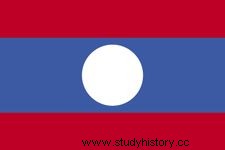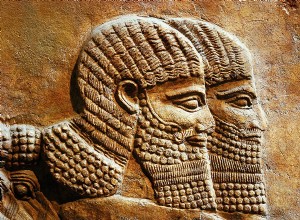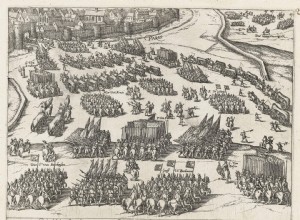At this crucial moment, aircraft based aboard the aircraft carrier Formidable attacked the Italians, who repelled them without either of the two adversaries suffering the slightest damage. The Vittorio Veneto moved away, but was chased by Cunningham. Five torpedo planes from Formidable attacked her




